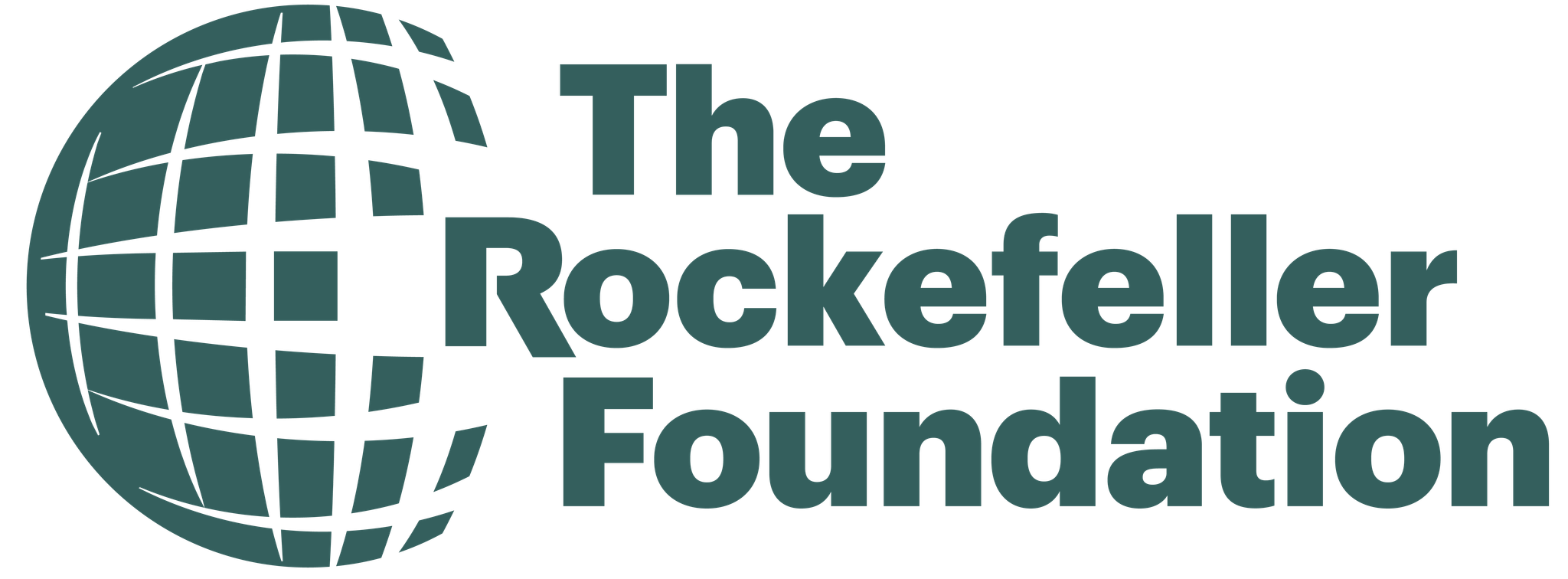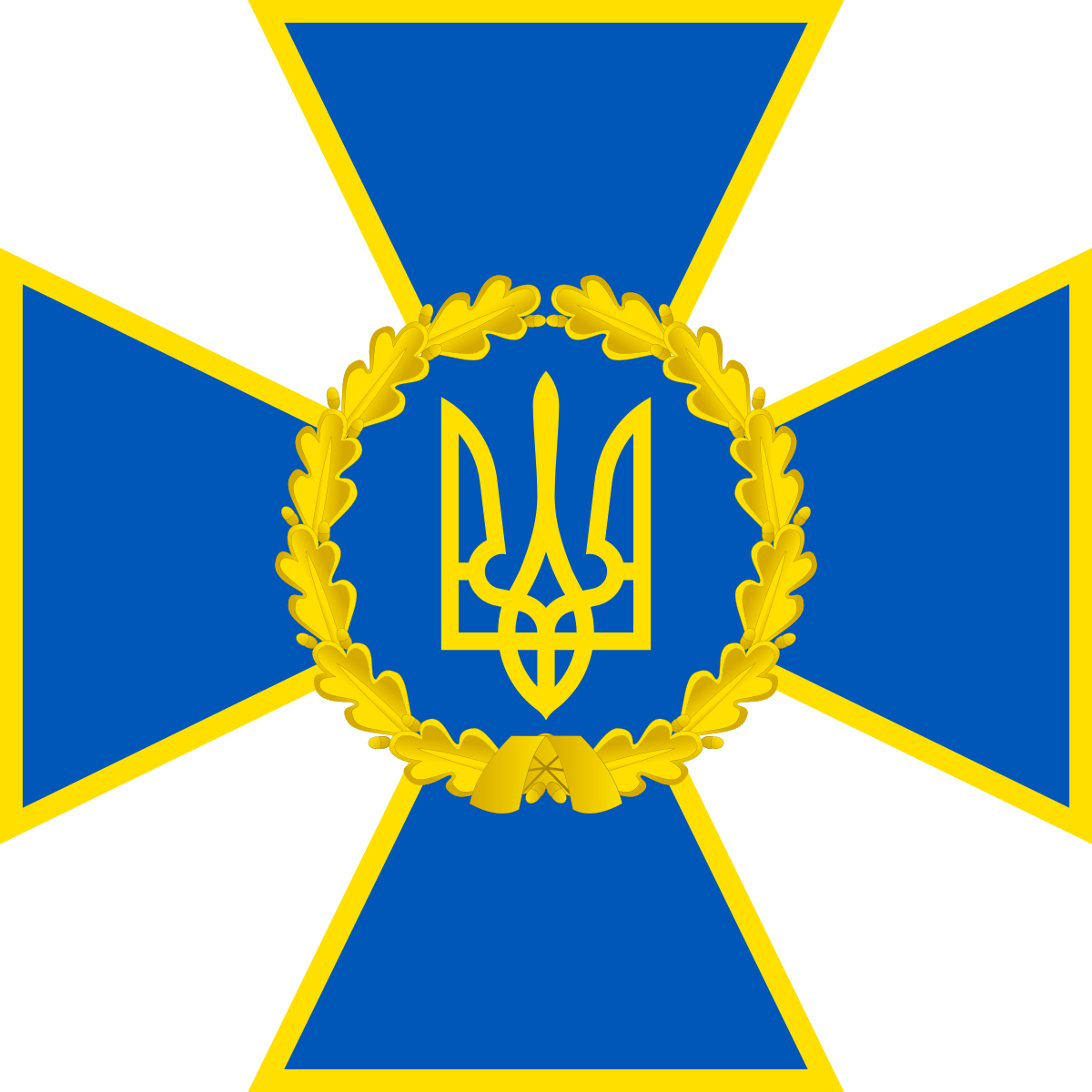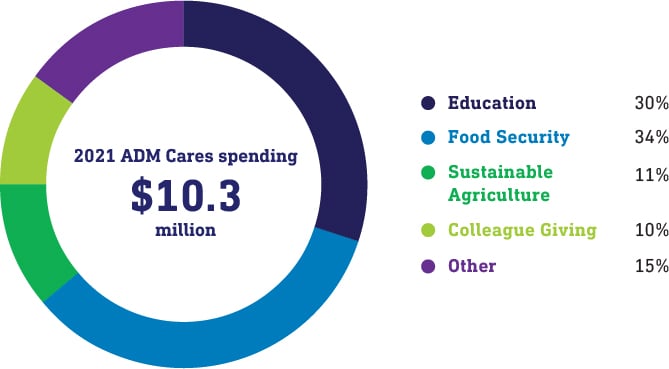Company Directory - Eurasian Economic Union
Company Details - Eurasian Economic Union

Eurasian Economic Union
The Eurasian Economic Union (EAEU) is a regional organization aimed at fostering economic integration among its member states, facilitating free trade, enhancing economic cooperation, and reducing tariffs among its members, which include several countries from Eurasia.
CCI Score
CCI Score: Eurasian Economic Union
-37.77
0.08%
Latest Event
EAEU Free Trade Pact with Iran Strengthens Authoritarian Ties
Amid a broader 20‐year strategic partnership between Iran and Russia, a free trade deal involving the Eurasian Economic Union came into effect, reducing tariffs and boosting interbank cooperation. This move deepens economic ties with authoritarian regimes, potentially reinforcing military and political alignments that undermine democratic norms.
Take Action
So what can you do? It's time to make tough choices. Where will you cast your vote?
- Shop Alternatives
SEE ALL - Use Your Voice
OTHER TOOLS - Investigate
- Share the Score
SUPPORT CCI
TOADIE
Eurasian Economic Union is currently rated as a Toadie.
Latest Events
 MAY212025
MAY212025Amid a broader 20‐year strategic partnership between Iran and Russia, a free trade deal involving the Eurasian Economic Union came into effect, reducing tariffs and boosting interbank cooperation. This move deepens economic ties with authoritarian regimes, potentially reinforcing military and political alignments that undermine democratic norms.
 DEC262024
DEC262024In late December 2024, the Supreme Eurasian Economic Council of the EAEU granted formal observer status to the Islamic Republic of Iran and established a free trade zone. This move is perceived as a strategic geopolitical step designed to extend Russia’s sphere of influence in the region by deepening economic engagements with authoritarian regimes.
-50
Economic Collaboration
May 21
Granting observer status to Iran, an authoritarian regime, positions the EAEU as a facilitator of economic collaboration with regimes known for centralized, undemocratic power structures. This decision reinforces geopolitical ambitions tied to Russian influence and undermines efforts toward inclusive, democratic economic integration.
Eurasian Economic Union Struggles to Further Expand in Eurasia
 JAN012023
JAN012023The recently published Report No.84/2023 on ‘EAEU Development 2022+: Strategic Objectives and Demands of the Times’ outlines an extensive agenda of trade agreements, infrastructural upgrades, harmonization of internal markets, and external engagement with partners that are heavily influenced by state-centered decision‐making. The report emphasizes measures that consolidate centralized economic integration and align with geopolitical doctrines that have been associated with authoritarian regimes, thereby potentially reinforcing oligarchic and undemocratic practices in the region.
-60
Public and Political Behavior
May 21
The report promotes a highly centralized integration strategy that reinforces state control and bureaucratic decision-making among member states, while aligning with geopolitical frameworks that favor authoritarian practices. Such measures are seen as deepening the political and economic consolidation under a model that sidelines diversity, transparency, and progressive labor practices.
PDF No 84 / 2023 EAEU Development 2022+: Strategic Objectives and Demands of the Times
 JAN012015
JAN012015A recent academic study evaluating political freedoms and human rights in Eurasian Economic Union member states argues that the EAEU, established on January 1, 2015, functions as an instrument of Russian authoritarian influence. The union’s model of centralized economic and political integration is portrayed as reinforcing power centralization and suppressing liberal democratic norms across its member states.
-50
Public and Political Behavior
May 21
The study depicts the Eurasian Economic Union as a mechanism for advancing Russian authoritarian strategies, where the emphasis on centralized control and a rejection of liberal democratic principles undermines political freedoms. This alignment with authoritarian practices results in a negative rating under the Public and Political Behavior category.
PDF Political Freedoms and Human Rights in Eurasian Economic Union Countries
 JAN012015
JAN012015The article discusses the inception of the Eurasian Economic Union in January 2015, noting that its formation is linked to poor democratic practices, human rights abuses, and the entrenchment of authoritarian regimes. By fostering closer economic and political ties among states with dubious records on governance, the EEU is seen as potentially deepening repressive practices and reducing external oversight.
-50
Public and Political Behavior
May 21
The formation of the EEU is expected to reinforce authoritarian tendencies by allowing member states with poor democratic records to shield themselves from external democratic pressures. The article cites issues such as political repression, poor governance, and a decline in human rights protections, all of which contribute to a negative impact under the Public and Political Behavior category.
The Eurasian Economic Union – Implications for Governance, Democracy and Human Rights
-40
Economic and Structural Influence
May 21
Although the EEU was established to foster economic integration, the consolidation of economic power among states with a history of authoritarian governance may reinforce structural inequalities and authoritarian practices. This negative influence on economic and structural stability further undermines democratic institutions in the region.
The Eurasian Economic Union – Implications for Governance, Democracy and Human Rights
Alternatives

Brussels, Belgium
44.56

Italy
-38.40

Corporation
73.07

Corporation
62.82

Corporation
59.95
Philadelphia, United States
66.79

New York, United States
49.81

Essen, Germany
7.94

Ukraine
-19.54

Chicago, USA
-30.49
Industries
- 54161
- Management Consulting Services
- 54169
- Other Scientific and Technical Consulting Services
- 92620
- Administration of Economic Programs